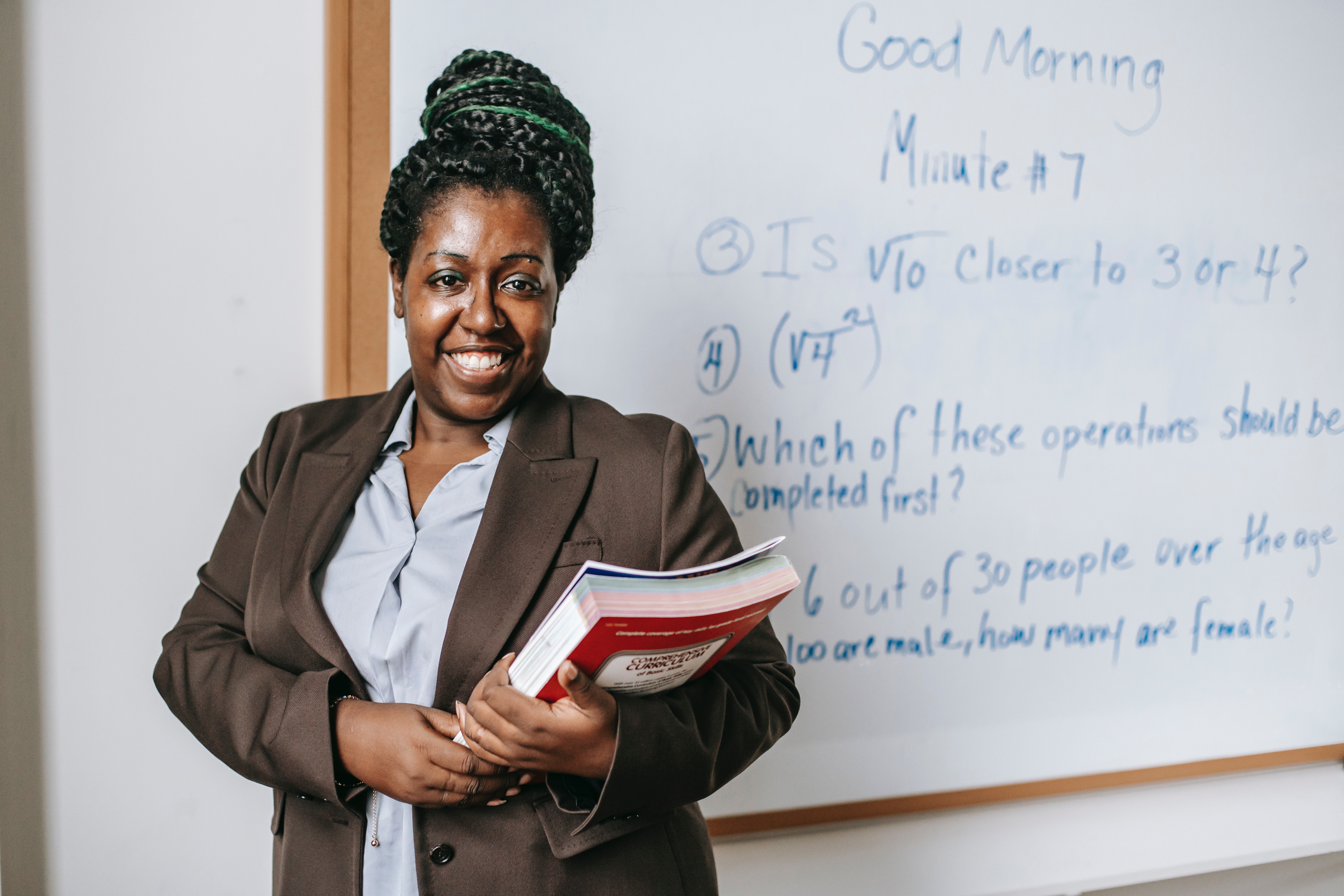
In Grade 8 Mathematics, students continue to develop their social-emotional learning skills in connection with the mathematical processes. The curriculum covers number sense, operations, algebra, mathematical modeling, data literacy, spatial sense, and financial literacy. By the end of Grade 8, students are expected to demonstrate an understanding of numbers and their applications in everyday life, use their knowledge of numbers and operations to solve mathematical problems, identify, describe, extend, create, and predict patterns in real-life contexts, understand variables, expressions, equations, and inequalities, apply coding concepts and skills to problem-solving, use mathematical modeling to analyze and make predictions about real-life situations, manage and analyze data, understand probability and use it to make predictions, apply geometric properties and spatial relationships to describe shapes, locations, and movements, compare, estimate, and determine measurements in various contexts, and develop the knowledge and skills needed to make informed financial decisions. The integration of social-emotional learning skills with mathematical processes promotes a positive learning environment and supports students in their mathematical learning journey.
- Teacher: Bouyela Education Corporation